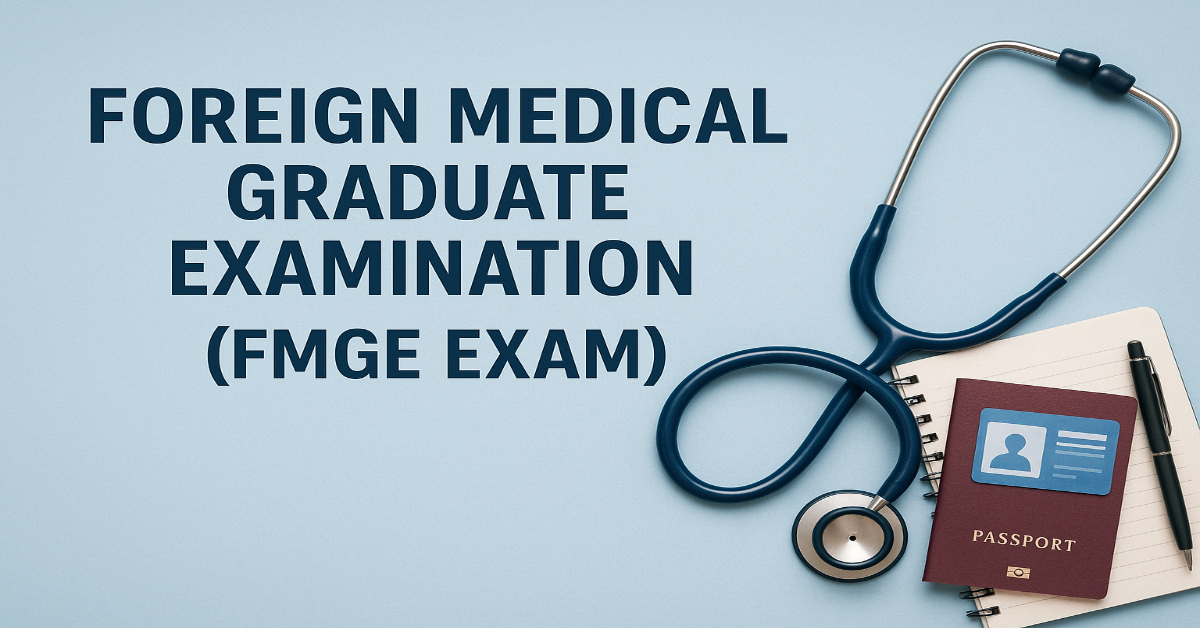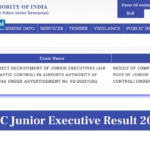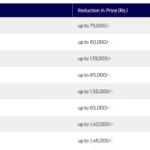The Foreign Medical Graduate Examination (FMGE) is a crucial step for Indian citizens and Overseas Citizens of India (OCIs) who have earned their medical degrees from institutions outside India but wish to practice as doctors within the country. Conducted by the National Board of Examinations in Medical Sciences (NBEMS), FMGE serves as a licensing test to ensure that foreign-trained doctors meet the standards required to work in India’s healthcare system.
This blog provides a complete overview of FMGE 2025 — from eligibility criteria to exam pattern, preparation tips, and post-exam processes. Whether you’re an aspiring candidate or guiding someone through the process, this guide will help you understand the exam inside out.
What is FMGE?
The Foreign Medical Graduate Examination is a screening test introduced in 2002. It ensures that Indian nationals or OCIs who studied medicine abroad have the necessary knowledge and skills to practice in India. Passing FMGE allows candidates to obtain provisional or permanent registration with the National Medical Commission (NMC) or State Medical Councils.
conducted twice a year — usually in June and December — in a computer-based format. The exam is held in various test centers across India.
Eligibility Criteria for FMGE 2025
To appear for FMGE 2025, candidates must fulfill certain eligibility requirements:
- Nationality
- Must be an Indian citizen or an Overseas Citizen of India (OCI).
- Qualification
- Must have a primary medical qualification confirmed by the Indian Embassy in the country where the institution is located.
- Documentation
- Degree certificates, mark sheets, and proof of the course’s recognition in that country are required.
- Timing
- The final medical qualification must be completed on or before the last date specified in the FMGE notification.
- Exemptions
- Candidates who obtained an undergraduate medical qualification from Australia, Canada, the UK, New Zealand, or the USA and are eligible for direct registration in those countries are exempt from FMGE.
FMGE 2025 Exam Dates (Tentative)
- Notification Release: April 2025 (June session) / October 2025 (December session)
- Application Form Start Date: Around 2–3 weeks after notification release
- Admit Card Release: About 7–10 days before the exam
- Exam Date: June and December (exact dates to be announced)
- Result Declaration: Within 4–6 weeks after the exam
FMGE Exam Pattern 2025
FMGE is a computer-based test (CBT) with the following structure:
- Total Questions: 300 Multiple Choice Questions (MCQs)
- Exam Duration: 5 hours (divided into two sessions of 150 minutes each with a break in between)
- Mode: Online (CBT)
- Marking Scheme: 1 mark per correct answer, no negative marking
- Passing Criteria: Minimum 150 marks out of 300
- Syllabus: Based on MBBS curriculum prescribed in India
Subject-Wise Weightage
- Pre & Para Clinical Subjects – Anatomy, Physiology, Biochemistry, Pathology, Microbiology, Pharmacology, Forensic Medicine.
- Clinical Subjects – Medicine, Surgery, Obstetrics & Gynaecology, Pediatrics, ENT, Ophthalmology, Community Medicine, Psychiatry, Dermatology, Radiology, Orthopaedics, and Anesthesia.
How to Apply for FMGE 2025
- Registration – Visit the NBEMS official website and register with a valid email ID and mobile number.
- Fill Application Form – Enter personal, academic, and qualification details.
- Upload Documents – Upload scanned copies of the required certificates in the prescribed format.
- Pay Fees – The application fee is generally around ₹7,080 (including GST).
- Print Confirmation Page – Keep a printed copy for future reference.
Preparation Tips for FMGE 2025
Clearing FMGE requires disciplined preparation and a focused approach. Here are some proven strategies:
1. Understand the Syllabus
Go through the official FMGE syllabus and mark important topics. Focus on high-weightage subjects first.
2. Make a Study Plan
Divide your preparation time into daily, weekly, and monthly targets. Include regular revision slots.
3. Use Standard Reference Books
Refer to authentic MBBS textbooks and FMGE-specific guidebooks. Avoid over-relying on short notes if your basics are weak.
4. Practice Mock Tests
Regularly attempt online mock tests to improve speed, accuracy, and time management.
5. Revise Consistently
Allocate the last 1–2 months entirely for revision. FMGE requires recalling facts and concepts quickly.
6. Focus on Previous Year Questions
They help identify repeated topics and familiar question patterns.
7. Stay Healthy
Maintain a balanced diet, exercise regularly, and take enough rest to keep your mind fresh.
Admit Card and Exam Day Guidelines
- Carry your admit card, a valid photo ID (Aadhaar, Passport, Driving License, etc.), and any other documents mentioned in the instructions.
- Report at least 90 minutes before the exam starts.
- Avoid carrying prohibited items like calculators, mobile phones, or study material into the exam hall.
Result and Passing Criteria
To qualify, candidates must score at least 150 marks out of 300. The result is declared online and includes the candidate’s name, roll number, marks scored, and qualifying status.
NBEMS also issues an official pass certificate to successful candidates, which is required for the next step — applying for medical registration.
Post-Exam Process: Registration with NMC or State Medical Council
Once you pass FMGE, you must:
- Apply to the National Medical Commission (NMC) or your State Medical Council for provisional or permanent registration.
- Submit required documents such as the FMGE pass certificate, original degree, and identity proof.
- Once approved, you can legally practice medicine in India.
Challenges Faced by FMGE Aspirants
- High Competition – Thousands appear for the exam each session, but the pass rate is often below 30%.
- Different Curriculums – Medical education abroad may not align perfectly with India’s MBBS syllabus.
- Time Constraints – Many candidates juggle preparation with internships or work.
- Stress and Pressure – The high stakes make mental health a crucial factor in success.
FMGE vs NEXT
In the coming years, FMGE is expected to be replaced by the National Exit Test (NEXT) as part of reforms in medical education. NEXT will be a common licensing exam for both Indian and foreign medical graduates. Until then, FMGE remains the standard licensing pathway for foreign-trained doctors.
Tips from Successful Candidates
- Start Early – Begin preparation at least 8–10 months before the exam.
- Focus on Weak Areas – Don’t just revise what you already know.
- Simulate Exam Conditions – Practice mock tests in the same time slot as the actual exam.
- Stay Updated – Follow NBEMS notifications for any changes in exam pattern or eligibility.
Conclusion
FMGE is more than just a test — it’s the bridge that allows foreign-trained doctors to serve patients in India. Passing it requires not only academic preparation but also mental resilience and strategic planning.
With the right approach, access to reliable study resources, and consistent practice, success in FMGE 2025 is achievable. For many doctors, it’s the final step toward fulfilling their dream of contributing to India’s healthcare system, and the effort is well worth the reward.










